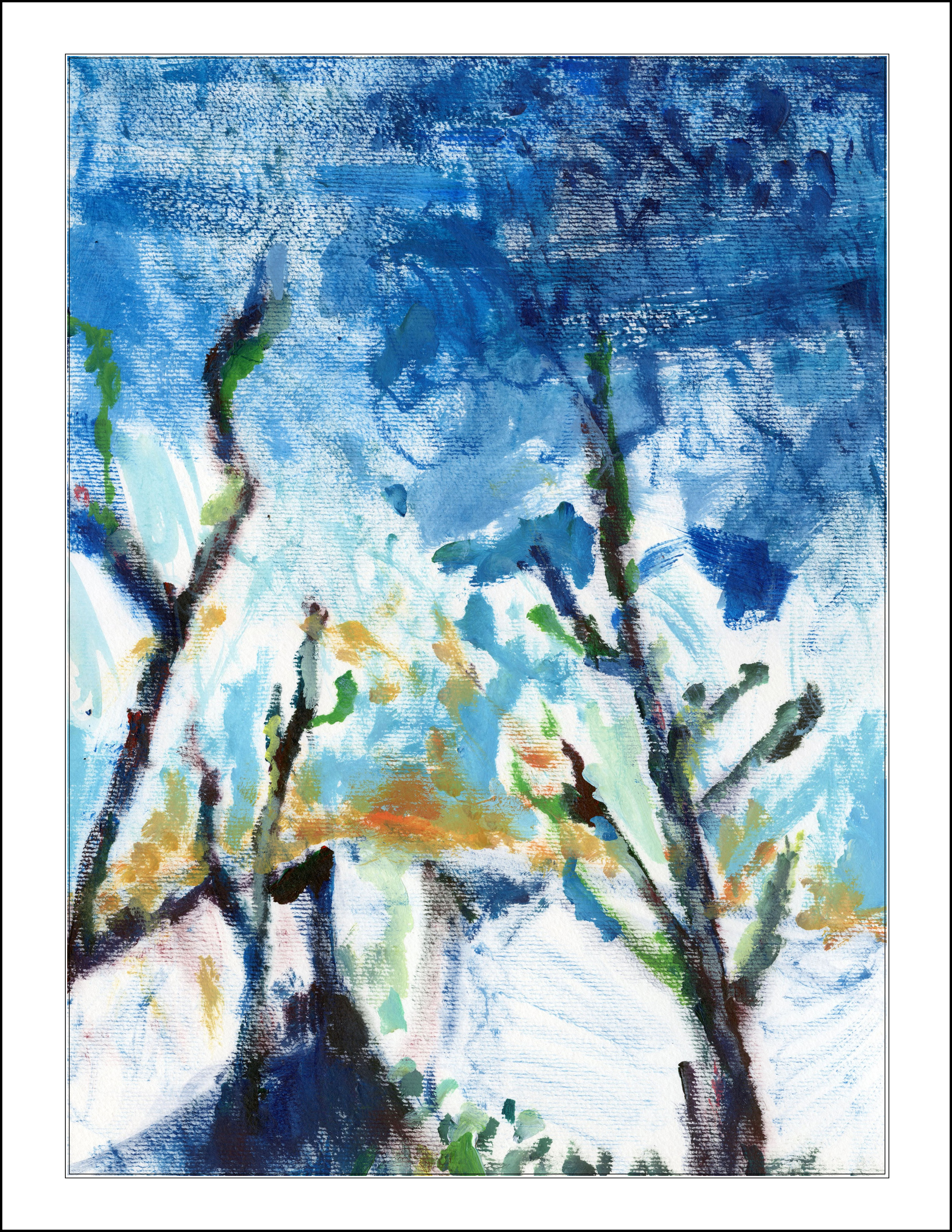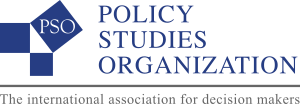
Donations for scholarships given by the PSO are fully tax exempt. Additionally, to mark the interest of its longtime supporter and past President, the late Walter Beach, in Asia and in the importance of language studies, the society from time to time gives a scholarship for students who have studied English and who would benefit from additional studies in the United States. PSO maintains editorial offices in Manila, Hong Kong, and Bangkok.
If you have questions about giving to support PSO through charitable annuities, remainder trusts or other devices, offering attractive tax benefits, contact the PSO President, Dr. Paul Rich.

Applications are handled on an individual basis with inquiry first, and the applicant must be sufficiently conversant in spoken English to benefit from an American experience and additional study, evidencing besides an interest in American English, an interest in American society and culture as a focus of English studies. Tuition in an advanced English program or university graduate studies along with medical care, transportation, and a living stipend are a part of the grant, and preference is given to those displaying an additional interest in the activities of NGOs and learned societies, such as the Policy Studies Organization, and the extension of NGOs in Thailand, especially those with a program related to scholarly publications. Work experience and an interest in contributing to the development of Thai education is taken into account. Inquiries should go to Daniel Gutierrez, PSO Executive Director, at dgutierrezs@ipsonet.org
The above information has been somewhat supplanted by the growth of PSO, with the establishment of journals in more parts of the world and leading to a larger scope. Moreover, we are convinced that an academic English course increases the chances for further success even with students with an already good grounding in English. We also think career and life chances are better served by longer periods of study. So our awards have reflected all of that. .we continue to be pleased by the accomplishments of scholarship students.
The founders of PSO discussed whether it should be named the American PSO and concluded that policy was an international topic that needed international input. The scholarships are therefore an international project, with a special interest in helping students from countries where resources are limited. A corollary is that one year is not a sufficient study time and most PSO scholarships are for several years.
In addition to the Walter Beach Scholarships, the Harrell Rogers Scholarships are given for students and faculty attending the Midwest Political Science Association annual meetings. The Rex Kallembach Scholarships are given for graduate students for research in Washington.
The Walter Beach Travel Awards are given to scholars from outside of the United States to attend the Southern Political Science Association annual meetings.
PSO scholars are often holders of travel grants through the endowments established by PSO at the American, Southern, and Midwest Political Science Associations. Some further scholarships are offered through editors to students assisting some PSO journals. Scholarship students in Washington who volunteer help to the office from time to time, currently are Udomdej Puenpa, Edgar Martinez, Kelvin Hehao Low, Hera Santunoo, Cesar Vega.
Holders of the F1 visa for studying in America are usually not permitted to work. Some universities have work-study plans that have been vetted to meet Federal government requirements. In any event , PSO emphatically does not ask for any work as part of its scholarships. Volunteer work by students over the years, whether with the Red Cross, PSO or their church or temple or with other Washington agencies is entirely a personal matter.
The uncertainties created by the virus mutations have created what has been described as an accordion in university student dormitories. Universities have opened and closed them and sent students home not once but in some cases several times. That is not possible for many students, most especially those from overseas, and our scholarships provide off campus housing and with particular regard to avoiding close exposure. There is no way to predict the way individual schools will handle classes in the future given the lack of knowledge about the virus problems in the years ahead.
Energetic efforts to encourage academic diversity have not overcome the imbalance that is the cause of much policy attention. An open access study by Harvard’s Demetrice R.Jordan and others attributes this to lack of funding, minimal exposure to academic values, passive recruitment, and a pervasive White culture. See “Exploring Persistent Racial and Ethnic Representation Disparity”, Professional Geographer, 74.2 2022, 193ff.
